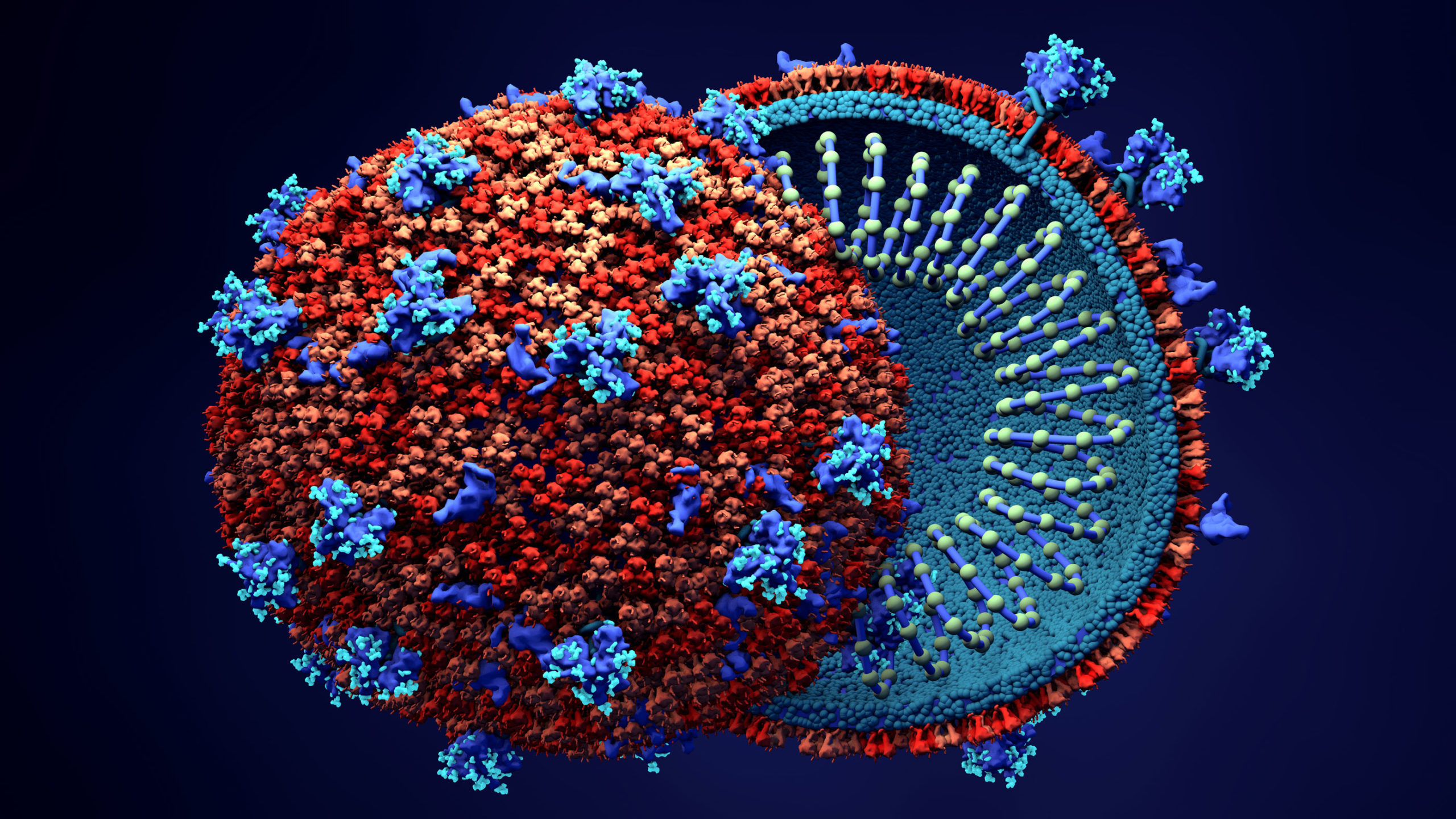
A GNA Sports Feature by Stephen Asante
Kumasi, March 14, GNA - It has been described as one of the worst moments in the annals of association football.
In truism, there had never been a time in football history where the future of one of the world’s most popular sporting disciplines looked so gloomy than the world is experiencing now.
The devastating effects of the COVID-19 (coronavirus) disease which had been declared a pandemic by the World Health Organization (WHO), since its outbreak in China last year, is fast spreading globally.
The pandemic's global death toll has reached almost 5,000, while the number of cases has surpassed 132,000, according to the United Nations' (UN) Health Agency.
About 68,000 victims have recovered, according to Johns Hopkins University, which is tracking the virus.
The pandemic had almost brought to a halt activities associated with the majority of all sectors of the global economy - football inclusive.
“We must keep our fingers crossed and hope for the better,” Desmond Gyimah, a Football Administrator, told the GNA Sports in an interview, while analyzing the future of football in the wake of the coronavirus pandemic.
Currently, in Europe, which had become the new ‘epicentre’ for the disease, drastic measures are being taken by the various football governing bodies to mitigate the growing threats posed by the disease.
For instance, all football matches in England, including the top-flight English Premier League (EPL), have been suspended due to the coronavirus outbreak, the league’s governing body said Friday, March 13, 2020.
“Following a meeting of shareholders today, it was unanimously decided to suspend the Premier League with the intention of returning on April 4,” the organization said in a statement.
Additionally, all football matches in Spain’s top division, La Liga, have been suspended for at least two weeks to curb the spread of COVID-19, the league’s organizing body said Thursday.
The league’s statement said the decision came after Real Madrid put its team in quarantine, and that it had notified the clubs, the Royal Spanish Football Federation and the national sports ministry of the postponements.
The French football governing body has also joined the chorus to suspend temporarily football matches in the country, while UEFA, the European governing body for football, recently announced the cancellation of its scheduled international matches.
This is in reaction to the evolving COVID-19 public health threat - the ability to ensure football-related events do not contribute to spread of the pandemic.
Meanwhile, Ghana is the latest of 18 countries on the African continent to have confirmed her first two cases, with Kenya, Ethiopia, Sudan and Guinea all confirming their first cases on Friday.
The Confederation of African Football (CAF), the continent’s football governing body, in the wake of the growing threats has postponed this month’s (March) 2021 Africa Cup of Nations (AfCoN) qualifying matches indefinitely because of the fast-spreading coronavirus.
It made the decision Friday in order to protect the health and safety of stakeholders including players, sponsors, match officials and broadcasters.
From the commercial point of view, the football industry risks losing so much - television rights, sponsorship, ticketing, sale of football merchandize, including jerseys, as well as all those whose livelihood depended on the sport’s value chain.
According to a study by Spanish radio station, ‘Cope’, La Liga clubs would lose a combined total of over 600 million Euros in income from television and ticketing if no more matches were played this season.
Considering the fact that almost 200, 000 people in Spain have been employment-related to football, and where the sport represents 1.4 percent of the Gross Domestic Product (GDP), the unfolding events relating to the outbreak of COVID-19, undoubtedly, ought to be dealt with seriously.
For those of us in Ghana, the argument rages on as to whether or not to halt the 2019/2020 Ghana Premier League (GPL) given the deadly nature of the disease.
Alhaji Karim Gruzah, the President and Founder of King Faisal Babies, a member of the Ghana League Clubs’ Association (GHALCA), has called for the suspension of the League, arguing that, “the safety and health of all football stakeholders must reign supreme over all other considerations and interests.”
“I do not think Ghana has those sophisticated health systems to deal effectively with the threats posed by the pandemic,” he told the GNA Sports, stressing that since football was a contact sport, it would not be out of place if all-related activities were put on hold.
The Ghana Football Association (GFA), the country’s football governing body, however, remains adamant.
A statement issued by the GFA said the schedule of all competitions remained unchanged as the authorities continued to liaise with the government, the Ghana Health Service and the Ministry of Health in following all national health protocols on the matter.
What is preventing our football authorities from doing the obvious thing? Are we waiting for the unexpected to happen? What emergency response measures are in place to guarantee the safety of football fans at our stadia?
The state of our stadia concerning the availability of hand sanitizers and other personal hygiene products is not the best. In truth, our match venues lack the early warning signals and systems such as devices to even check the temperature of those spectators who throng the Stadium.
Hugging, shaking of hands and interface communication amongst players and spectators, which are dangerous things to do under our present circumstances, are very visible on a typical match day at most Ghanaian stadia.
Clearly, the requisite education on the pandemic amongst Ghanaian football fans is not encouraging. Do we play the rest of the GPL matches behind closed doors? Do we put a complete halt to all football-related activities until an antidote is found to the pandemic?
COVID-19 is real and Ghana must stand up to the task.
The infectious disease is caused by the most recently discovered coronavirus. This new virus and disease were unknown before the outbreak began in Wuhan, China, in December, 2019.
According to health experts, it can spread from person to person through small droplets from the nose or mouth which are spread when a person with COVID-19 coughs or exhales.
It has been advised that it is important to stay more than three feet from a person who shows signs and symptoms of the disease - runny nose, sore throat, cough, fever and difficulty breathing.
GNA
Read Full Story










Facebook
Twitter
Pinterest
Instagram
Google+
YouTube
LinkedIn
RSS